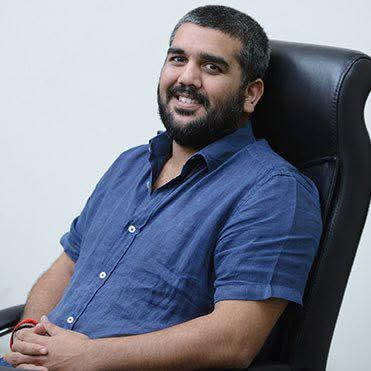On May 3, 2025, Uganda mourned the untimely death of Rajiv Ruparelia, the 35-year-old son of business magnate Dr. Sudhir Ruparelia. Rajiv tragically lost his life in a car accident when his high-performance Nissan GTR crashed, overturned, and caught fire at the Busabala Flyover in Makindye-Ssabagabo, Wakiso District . His cremation, scheduled for May 6 at the Hindu Crematorium in Lugogo, Kampala, aligns with his Gujarati Hindu heritage, which views cremation as a sacred rite to free the soul.
Hindu funeral rites, known as Antyesti or “last rites,” are deeply rooted in the belief that the soul (Atman) is eternal, and the body is a temporary vessel. Cremation is performed to aid the soul’s journey toward liberation (moksha).
Fire (Agni) plays a central role in this ritual, symbolizing purification and transformation. By reducing the body to ashes, cremation severs the soul’s ties to the physical world, aiding its journey forward. Traditionally, the ashes are then immersed in a sacred body of water, signifying the final release of the soul from earthly attachments.
The body is bathed, anointed with ghee (clarified butter), and dressed in simple clothes. It is then placed in a casket or on a stretcher, often with the head facing south, symbolizing the direction of the dead. The body is carried to the cremation site, traditionally feet first, accompanied by family and friends chanting prayers. An open casket may be used to allow mourners to pay their respects but that is optional.
A Hindu priest and senior family members conduct the cremation ceremony. Traditionally, the mukhagni is performed by the eldest son or a close male relative, who lights the funeral pyre or activates the cremation chamber .After the body is reduced to ashes, the remains are collected and later immersed in a sacred body of water, signifying the final separation of the soul from the body .
The Hindu Crematorium in Lugogo, Kampala, serves as the primary facility for the Hindu community in Uganda to perform traditional cremation rites. Established to accommodate the religious practices of the Hindu diaspora, it has been the site of numerous cremations.
Rajiv’s cremation at the Lugogo crematorium reflects his family’s adherence to their Hindu faith and customs. The ceremony is not only a farewell to a beloved son, husband, and father but also a reaffirmation of cultural and spiritual traditions that transcend generations.
Rajiv Ruparelia’s legacy as a businessman, philanthropist, and sports enthusiast remains etched in Uganda’s history. His cremation, conducted with reverence and in accordance with Hindu rites, shows the enduring significance of cultural practices in honoring the departed.




